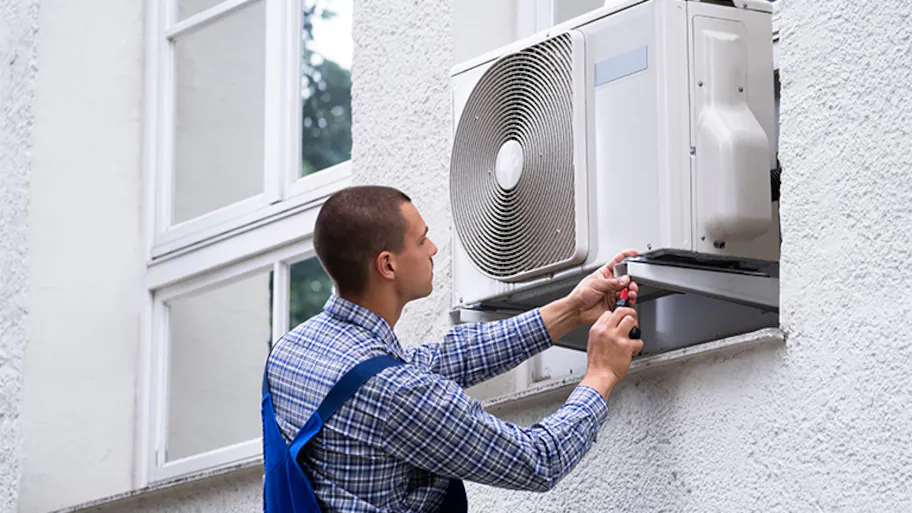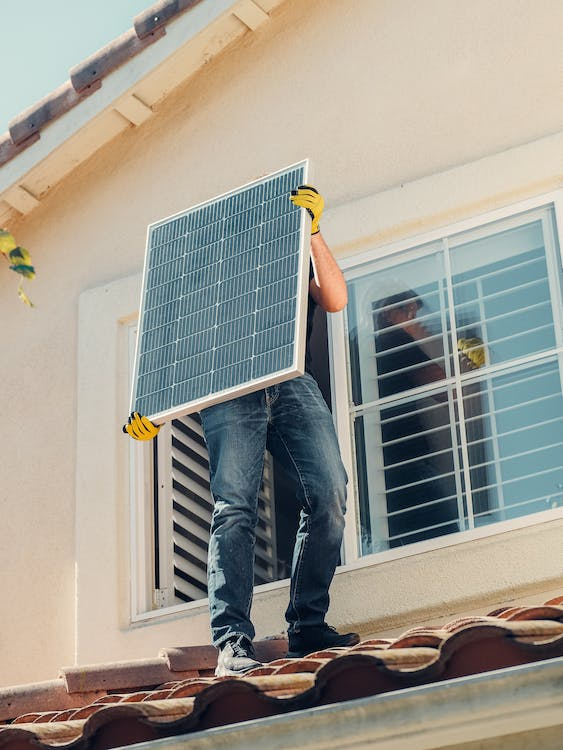Air conditioning is a lifesaver during the scorching summer months, but it can become a costly affair if your system is not well-maintained. Regular upkeep of your air conditioning unit not only ensures that it runs efficiently but also extends its lifespan. In this article, we will explore a range of do-it-yourself tips to keep your air conditioning system running smoothly, saving you money and ensuring a cool and comfortable living space.
Regular Cleaning
One of the simplest and most effective ways to maintain your air conditioning system is by keeping it clean. Start with the air filters, which are essential for maintaining good air quality in your home. Dirty filters restrict airflow and force your AC to work harder. To clean them, turn off the system, remove the filter, and either vacuum or wash it, depending on the type. Cleaning or replacing filters every 1-2 months can significantly improve your system’s efficiency.
Additionally, clean the vents and registers by removing dust and debris. Make sure they are not obstructed by furniture, curtains, or other objects. Clean vents and registers promote better airflow, ensuring even cooling throughout your home.
Proper Ventilation
Adequate ventilation around your air conditioning unit is crucial for its performance. Clear any vegetation, debris, or objects that might obstruct the airflow around the outdoor unit. Positioning furniture and other items too close to the unit can also hinder proper ventilation, so keep a clear zone around it.
Remember that maintaining proper airflow not only makes your AC system run more efficiently but also helps prevent overheating, which can lead to expensive air conditioner repairs.
Refrigerant Level Check
Refrigerant is the lifeblood of your air conditioning system, responsible for cooling the air that circulates through your home. Over time, refrigerant levels may decrease, affecting the unit’s performance. You can check the refrigerant level and, if needed, top it up using a refrigerant kit.
Low refrigerant levels can result in inadequate cooling, increased energy consumption, and potential damage to the compressor. If you’re unsure about handling refrigerant, it’s best to consult a professional.
Checking for Leaks
Refrigerant leaks are a common issue in air conditioning systems. Signs of a leak include reduced cooling capacity and hissing or bubbling sounds. If you suspect a leak, turn off the system and contact a technician to repair it. DIY fixes are not recommended for refrigerant leaks as they can be dangerous and ineffective.
Smart Thermostat Usage
Upgrading to a smart thermostat is a wise investment in maintaining your air conditioning system. These devices allow you to regulate your home’s temperature more efficiently, providing comfort while saving on energy costs. Installing and programming a smart thermostat is relatively straightforward and can be done by most homeowners. Take advantage of the features like scheduling and remote control to keep your home cool when needed and conserve energy when you’re away.
Condenser Maintenance
The condenser unit, usually located outdoors, plays a vital role in dissipating heat. Ensure the area around the condenser is free from debris, leaves, and other obstructions. Clean the condenser coils using a garden hose and mild detergent. Doing this will help your AC system operate more efficiently and prevent overheating, which can lead to costly repairs.
Cleaning Ducts
Clean air ducts are essential for maintaining good indoor air quality and ensuring proper airflow. Over time, dust, mold, and other contaminants can accumulate in your ducts. You can clean ducts yourself by removing vent covers and vacuuming them. For a more thorough cleaning, you might consider hiring professionals who have specialized equipment.
Seasonal Checks
To keep your air conditioning system in top shape, follow a seasonal schedule for air conditioning service in Melbourne. Each season comes with different demands on your AC system:
- Spring: Check and clean the condenser, replace filters, and ensure good ventilation.
- Summer: Regularly replace or clean filters to prevent clogging and reduced efficiency.
- Fall: Clear leaves and debris from the outdoor unit and inspect for any visible damage.
- Winter: Cover the outdoor unit to protect it from the elements.
Staying ahead of these seasonal tasks ensures your air conditioner is ready for any weather, extends its lifespan, and maintains its efficiency.
Conclusion
Maintaining your air conditioning system doesn’t have to be a daunting task. By following these DIY tips, you can keep your AC running smoothly, ensuring comfort, energy efficiency, and long-term cost savings. Regular cleaning, proper ventilation, and seasonal checks can go a long way in ensuring your air conditioning unit keeps you cool during the hottest months.
Don’t wait until your AC breaks down to take action. Regular maintenance is the key to a trouble-free and efficient air conditioning system.




